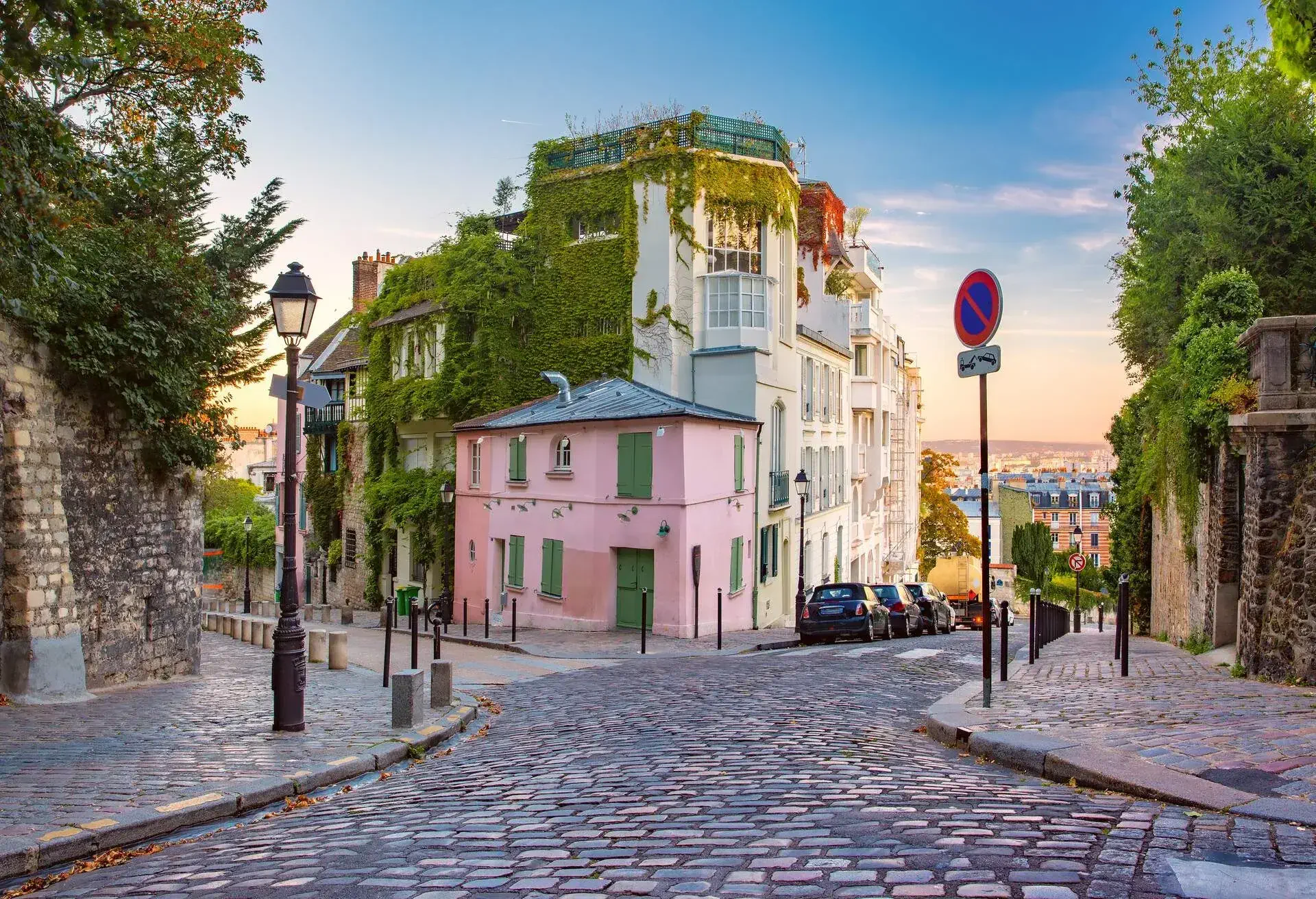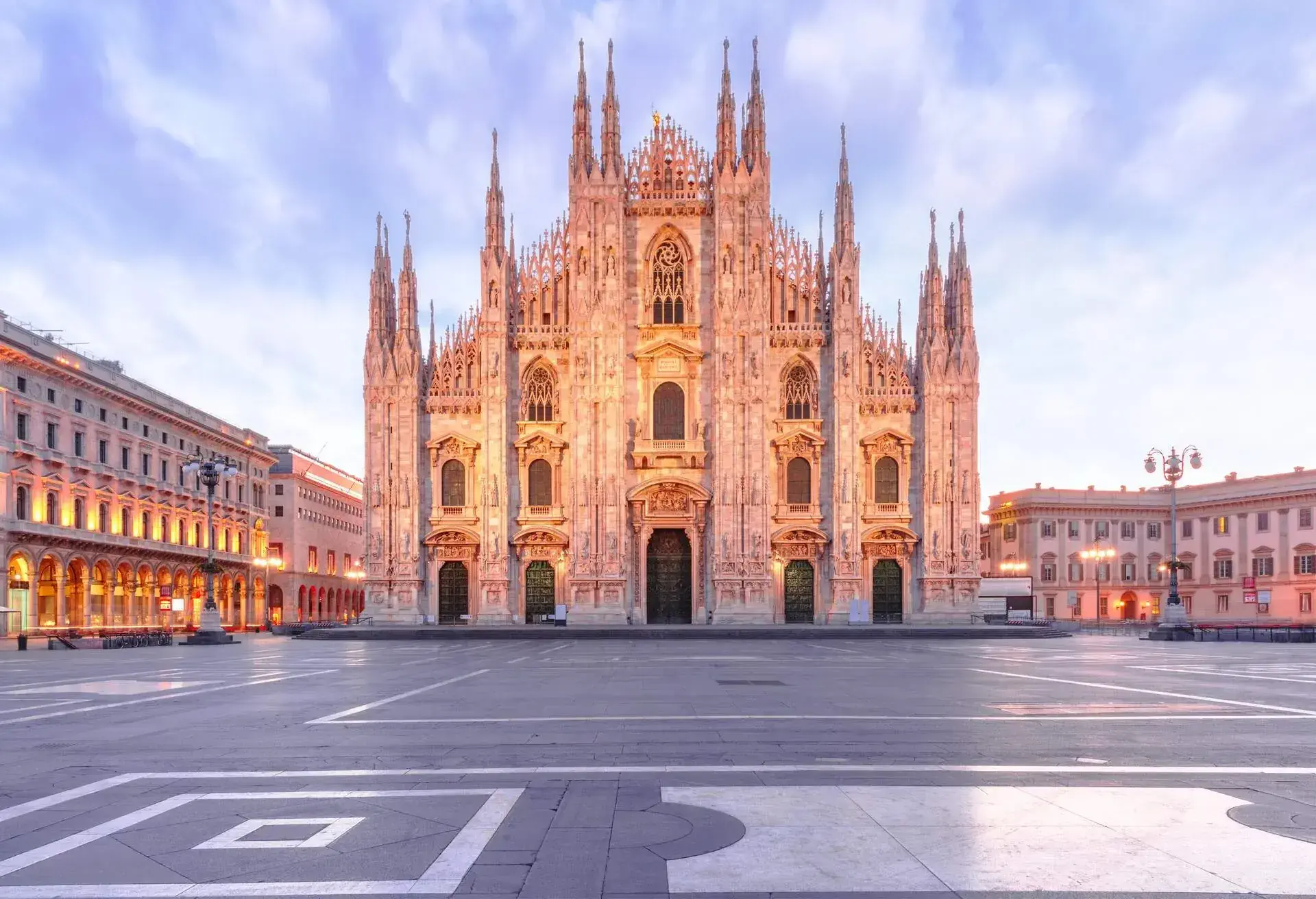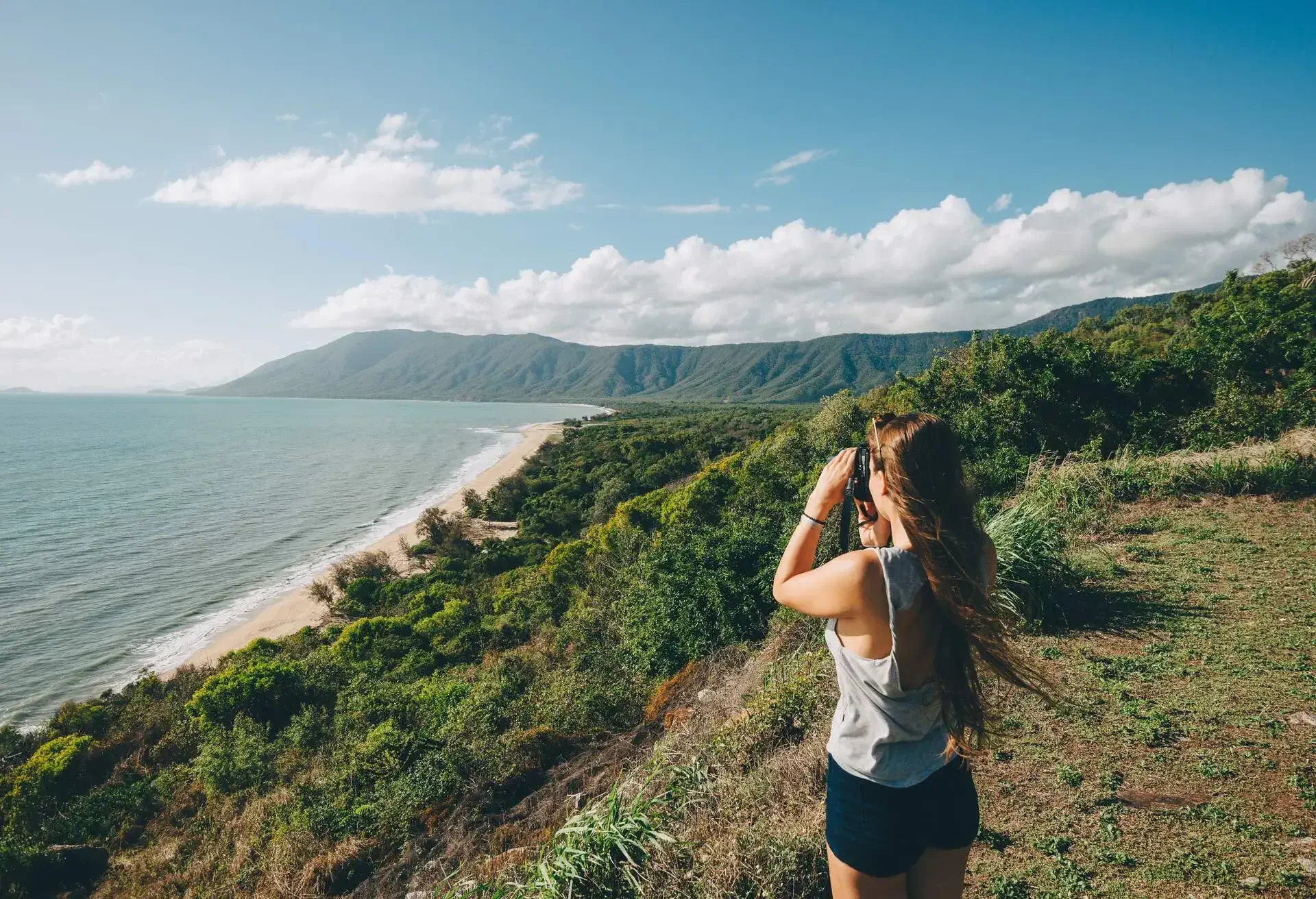From historic cities to sunny shores, backpacking in Europe is a fantastic way to explore a variety of different countries on a budget. Pack your backpack with everything you need (leaving room to spare for everything you’ll buy) and dive into a world of hostels, camping, hiking, tours, and much more. Thinking about a backpacking trip but unsure how to start planning or where to go? Don’t worry, simply read on to discover our guide to budgeting, accommodation, safety, and more.
Backpacking: An Introduction
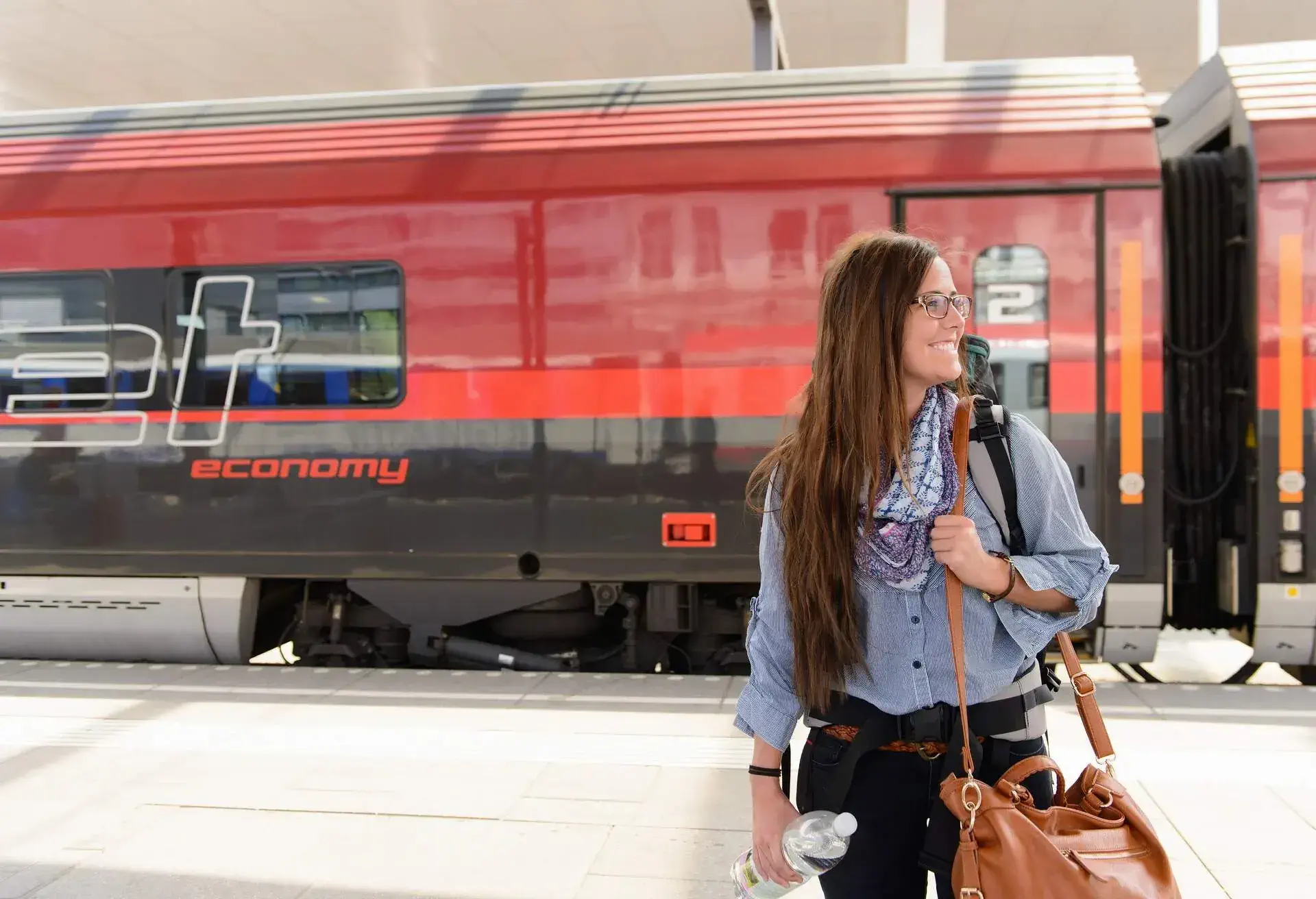
Backpacking is an excellent, budget-friendly way of travelling that asks you to pack everything you need for your trip into one backpack that you can take wherever you go. This restricts how much you can bring but gives you more freedom to move on to your next destination the moment you want to. Backpacking lets you get out into the more remote areas and explore more of the countries you visit. It’s also a great way to socialise while you’re travelling, particularly if you’re going solo, as you’ll meet lots of fellow travellers in hostel dorm rooms and on group tours.
How to go Backpacking in Europe
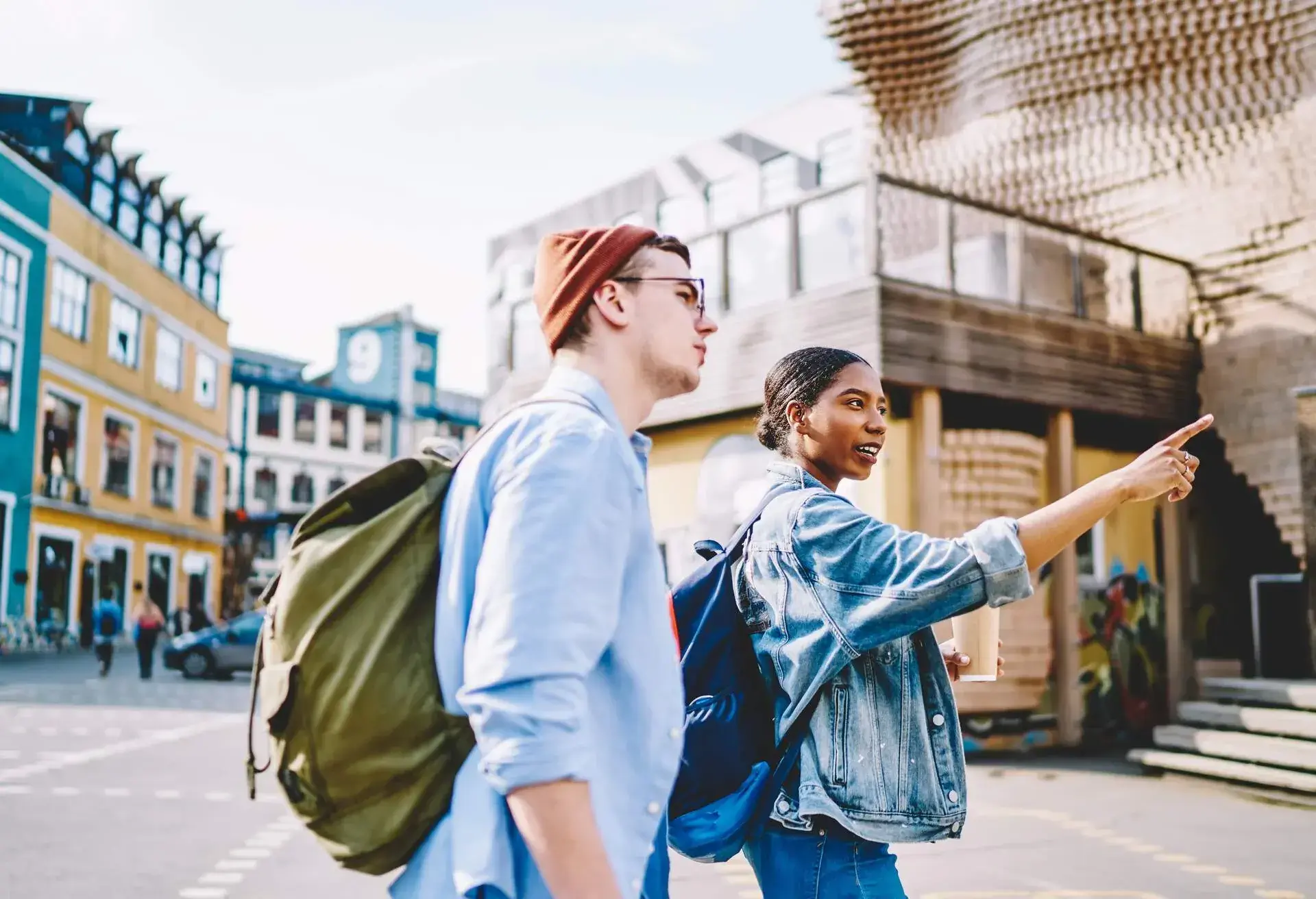
Whether you focus your trip on the big cities or spend most of your time hiking in remote areas, there’s no real wrong way to go backpacking in Europe. Spend some time preparing by researching different destinations, activities, accommodation, and gear, so you can decide how you want to plan your trip. You’ll want to book accommodation for at least the early part of your trip but you might prefer to keep things flexible later on so you can take advantage of the freedom backpacking gives you. While you’re soaking up everything Europe has to offer, visiting ancient sites, and partying at world-class nightclubs, always remember that you’re a guest in the countries you visit and try to remain respectful of the locals and of local customs at all times.
Backpacking in Europe: Tips
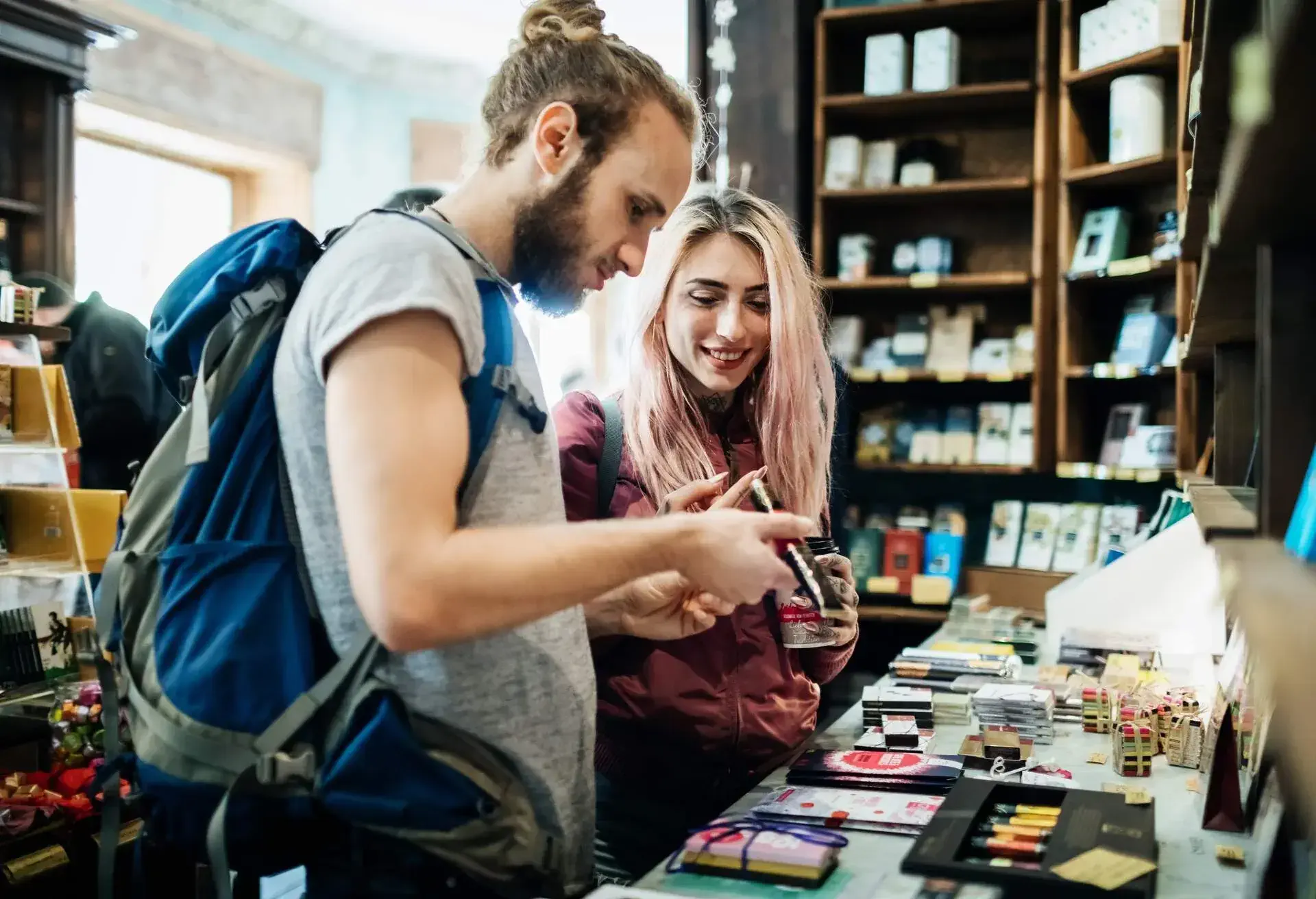
Europe has an extensive infrastructure to support backpackers so you can explore different countries with ease. There’s plenty of budget accommodation, excellent railway and bus systems both within and between countries, and organised tours that can help you explore. Once you arrive, you’ll probably find it easy to start going with the flow, but it’s still a good idea to do some planning beforehand so we’ve laid out a few tips that should help you get started.
Visa
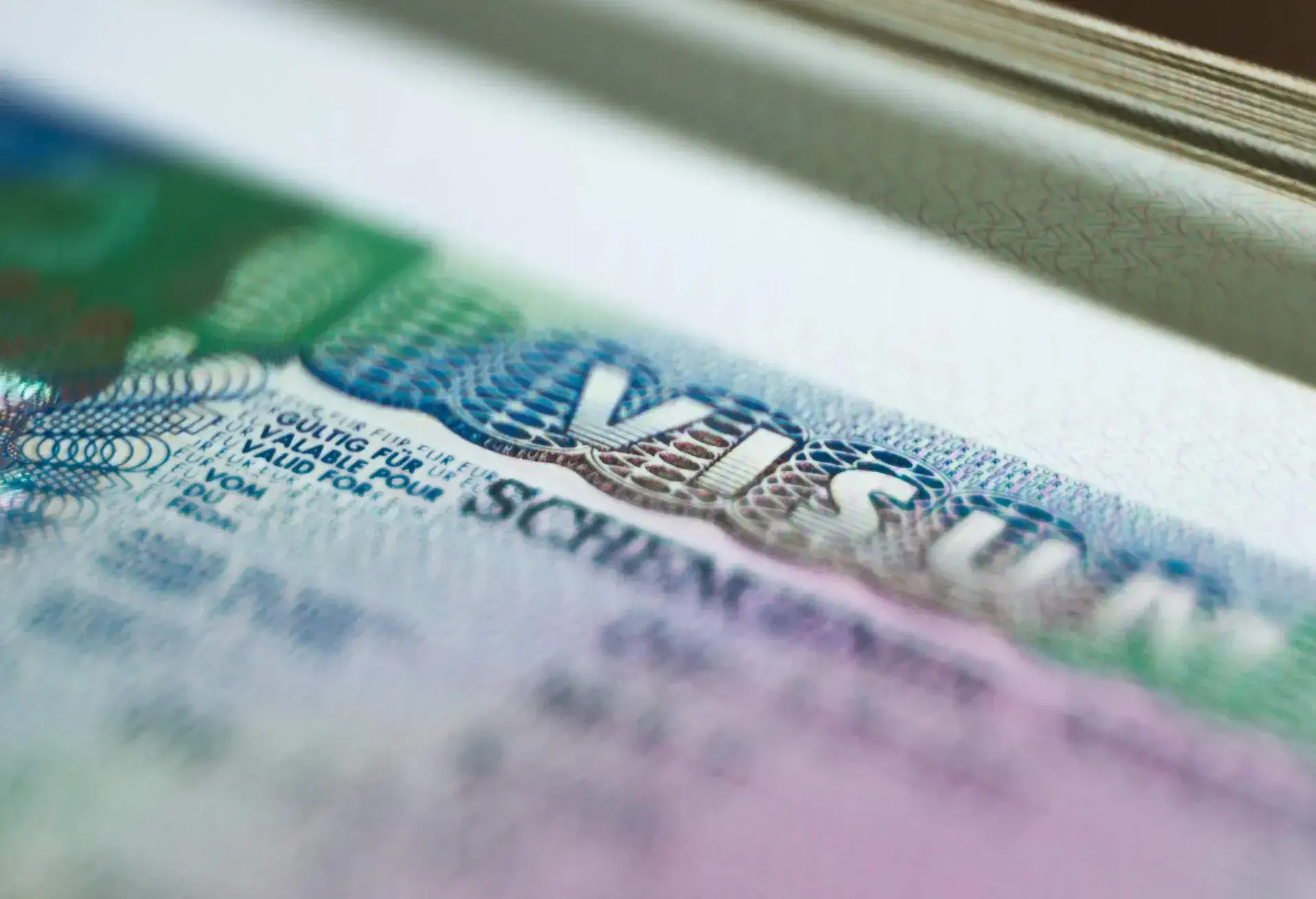
One of the first things you need to consider when travelling internationally (apart from your passport) is which visa you’ll need to enter the countries you want to visit and whether or not you need to organise this in advance. The Schengen visa is the most common visa used by people planning to travel all around Europe as it not only gets you access to the 26 Schengen countries but also several non-Schengen countries including Turkey, Croatia and Gibraltar. If you are travelling on a UK passport, you won’t need to organise a visa for short-term stays but you will need to complete an ETIAS Visa Waiver Application, this will require a valid passport and costs around £6.55.
Where to go backpacking in Europe
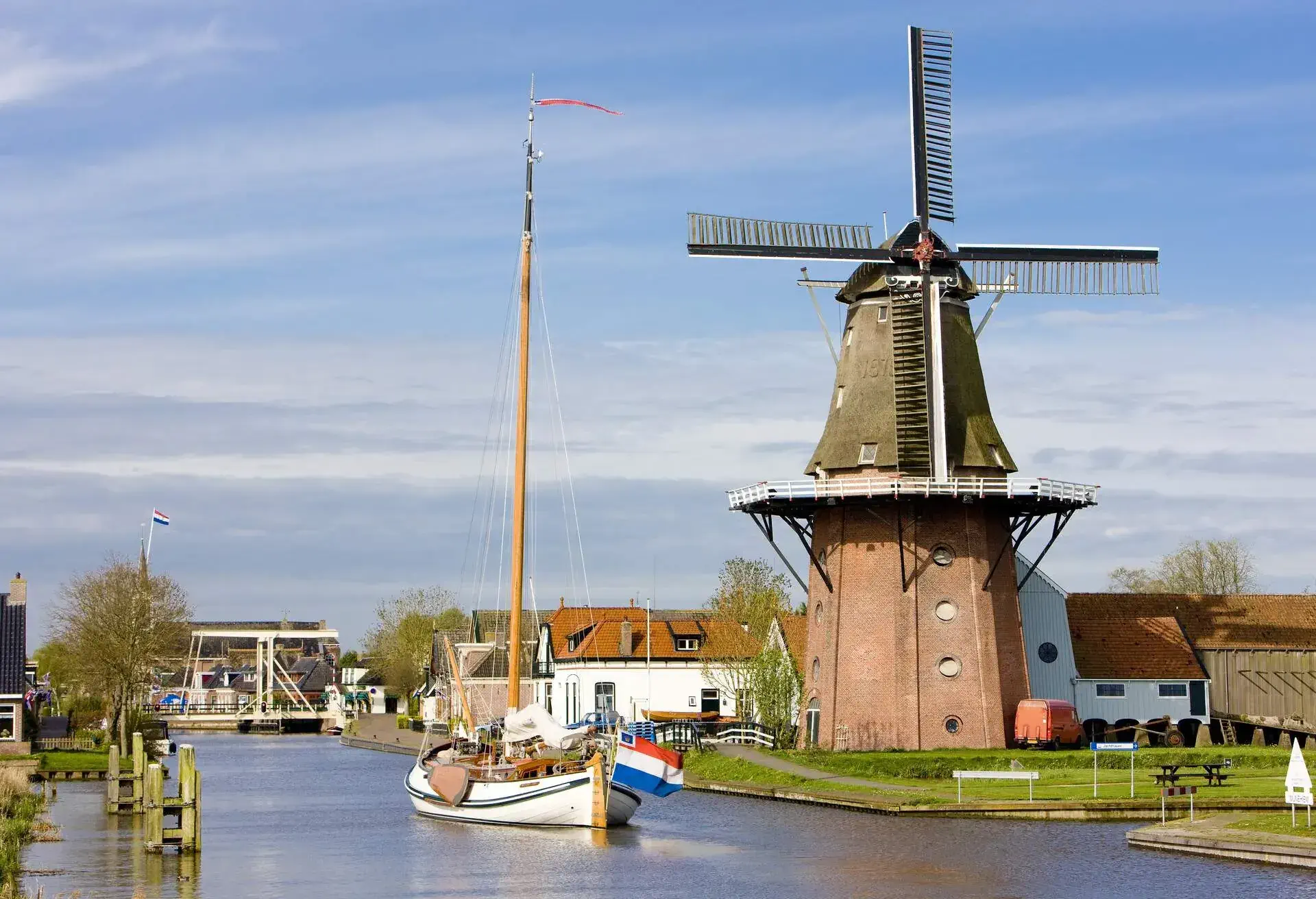
Europe is packed with amazing countries to visit when you go backpacking. From big cities to small towns, every country has can’t-miss attractions and lovely hidden gems. Try Ireland for gorgeous small towns and excellent pubs, The Netherlands for excellent coffeeshops and a laid-back vibe, and Greece for amazing historical sites and world-class beaches. Croatia has some amazing historic cities as well as a range of islands, some perfect for partying others for quiet contemplation. Portugal is one of the most affordable locations while France is on the pricier side, but you can find budget options outside the big cities.
Try not to pack in too much
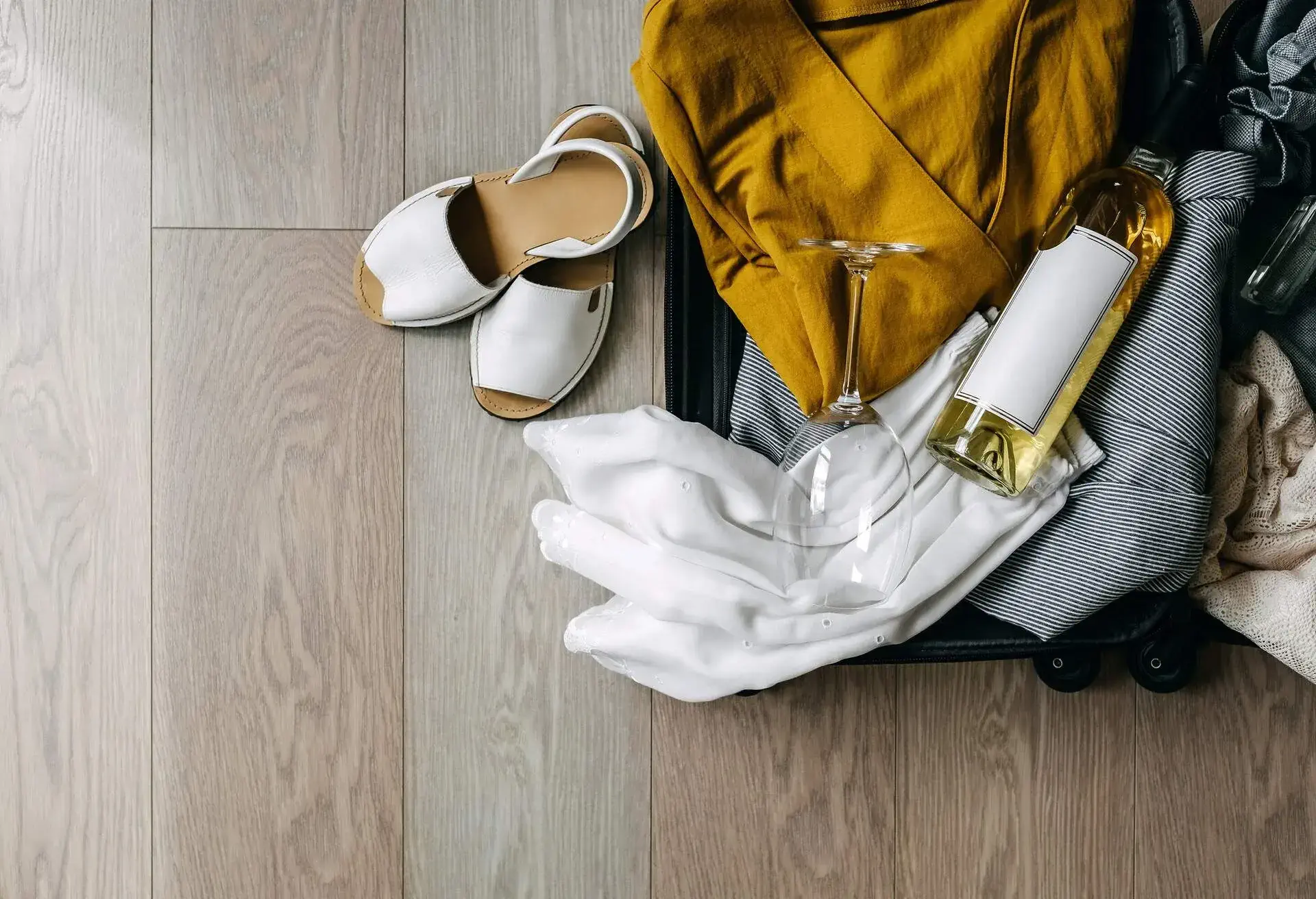
Generally speaking, it’s better to spend quality time in a few places as opposed to visiting lots of cities but barely getting a taste of each of them. If you try to pack in too much, you’ll always be worrying about making it to the next stop on your itinerary and you won’t be able to truly soak it all in. You’ll also quickly tire yourself out if you don’t give yourself some downtime in between sightseeing to just sit back and relax. Plus, if you leave some wiggle room in your itinerary it makes it a lot easier to say yes to opportunities you encounter along the way.
Budget

Many travellers use backpacking because it’s one of the most budget-friendly ways of travelling, but how much will it really cost you? You can usually travel comfortably but frugally on around £60 to £120 a day and if you’re a superstar budgeter you can get as low as £45 a day. There’ll be upfront costs too, such as a passport (around £75.50) and a good backpack (between £150 and £450). Airfares from the UK to major cities can cost as little as £50 while train journeys are usually cheaper and if you plan on travelling around a lot, public transport passes like the Eurail pass can save you a lot of money for one upfront cost.
When to save and when to spend
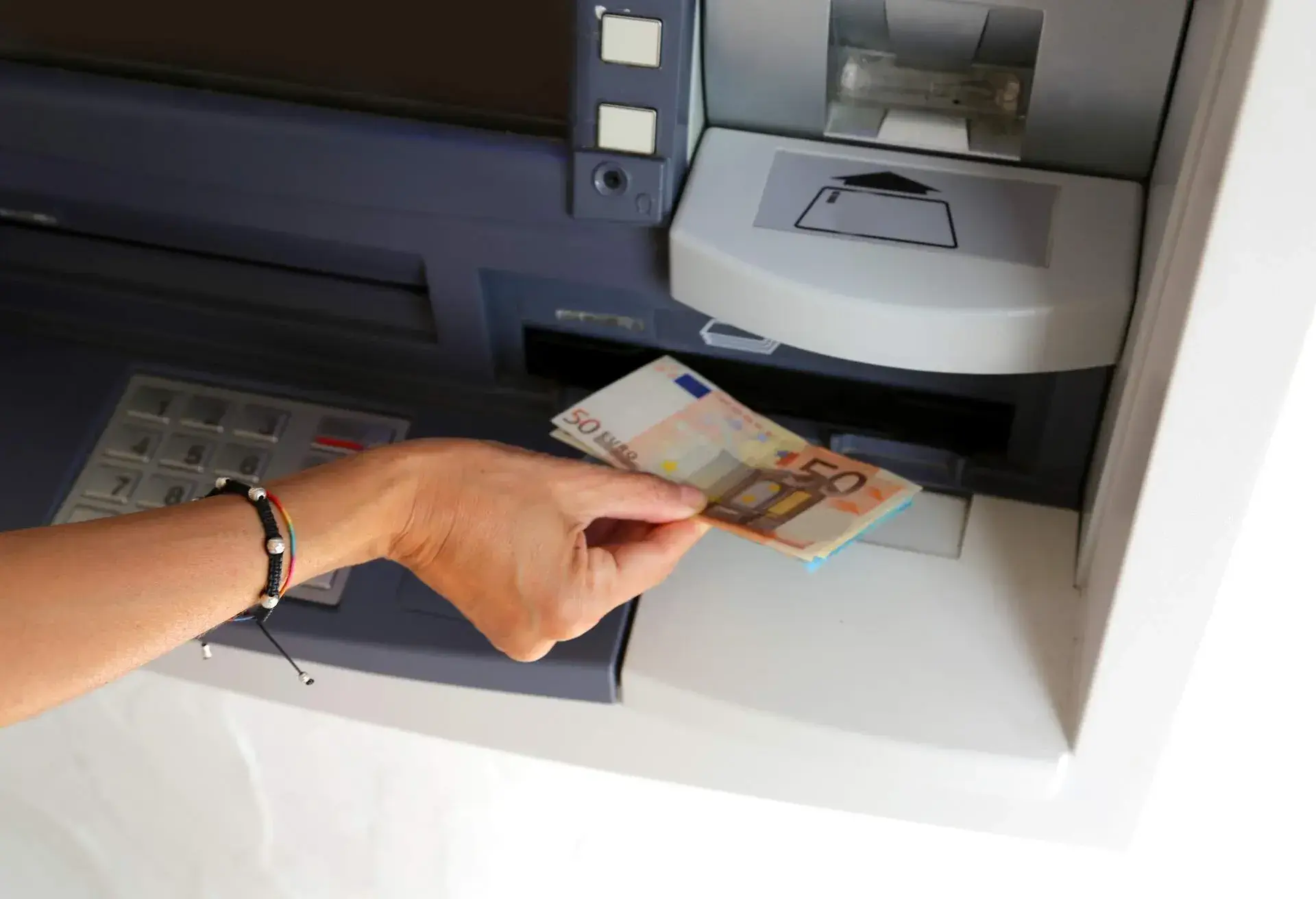
Don’t feel like you have to do every activity or try every meal that you encounter. While it’s great to try new things and get out of your comfort zone, if it’s outside of your budget, or you’re only going to do it because you feel like you should, reconsider whether the cost is worth it. But, it’s a good idea to build some space into your budget for some splurging if possible. You might fall in love with a city and want to spend longer, encounter a once-in-a-lifetime activity or tour that you don’t want to pass up on, or maybe you’ll find the perfect souvenir to remind you of your travels.
The first or last Sunday of the month

Sometimes you can stretch your budget further depending on when you travel. If you’re planning on visiting particular cities because of their museums, galleries or other public tourist attractions then you might be able to save money visiting on the first or last Sunday of the month. Many major European cities including Paris and Florence offer free visits to some of their top attractions on the first Sunday of the month and the Vatican offers free entry to some museums on the last Sunday of the month.
Transport

Most major cities in Europe have excellent public transportation systems and it is almost always cheaper than using taxis or hiring your own car. If you’re heading out of major cities, then you might want to consider the pros and cons of hiring a car, particularly if you can get a deal that lets you take your car across borders. For even cheaper long distance travel, consider overnight buses or trains, not only are they often cheaper than daytime travel, you also save on a night of accommodation! Many cities in Europe are very bike-friendly and hiring a bike can be another excellent way to get around the city quickly.
Safety
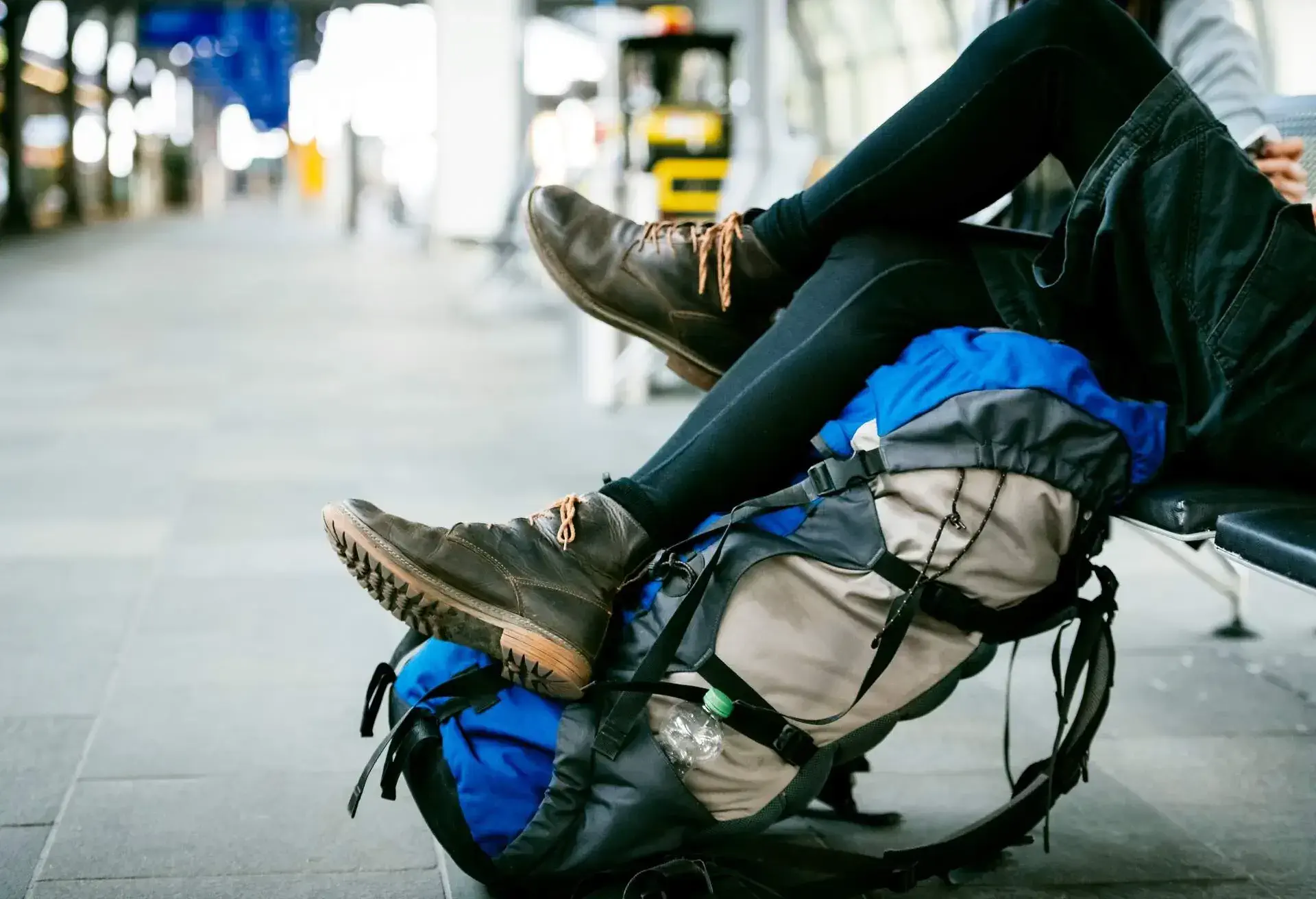
For the most part, backpacking in Europe is safe but there are a few things you can do to keep yourself safe in new and unfamiliar situations. First of all, even in the safest European cities, you should keep important items close to you at all times, use bags and pockets that can fully zip up and items like passports and emergency money are best kept on your person using something like a money belt that sits under your clothes. Avoid hitchhiking where possible, it might be budget friendly but it carries a much more serious risk than utilising public transport or hiring your own car. Finally, do your research on where you’re going by reading the reviews for any accommodation and checking travel advisories for different countries to help you make informed decisions.
Group Tours
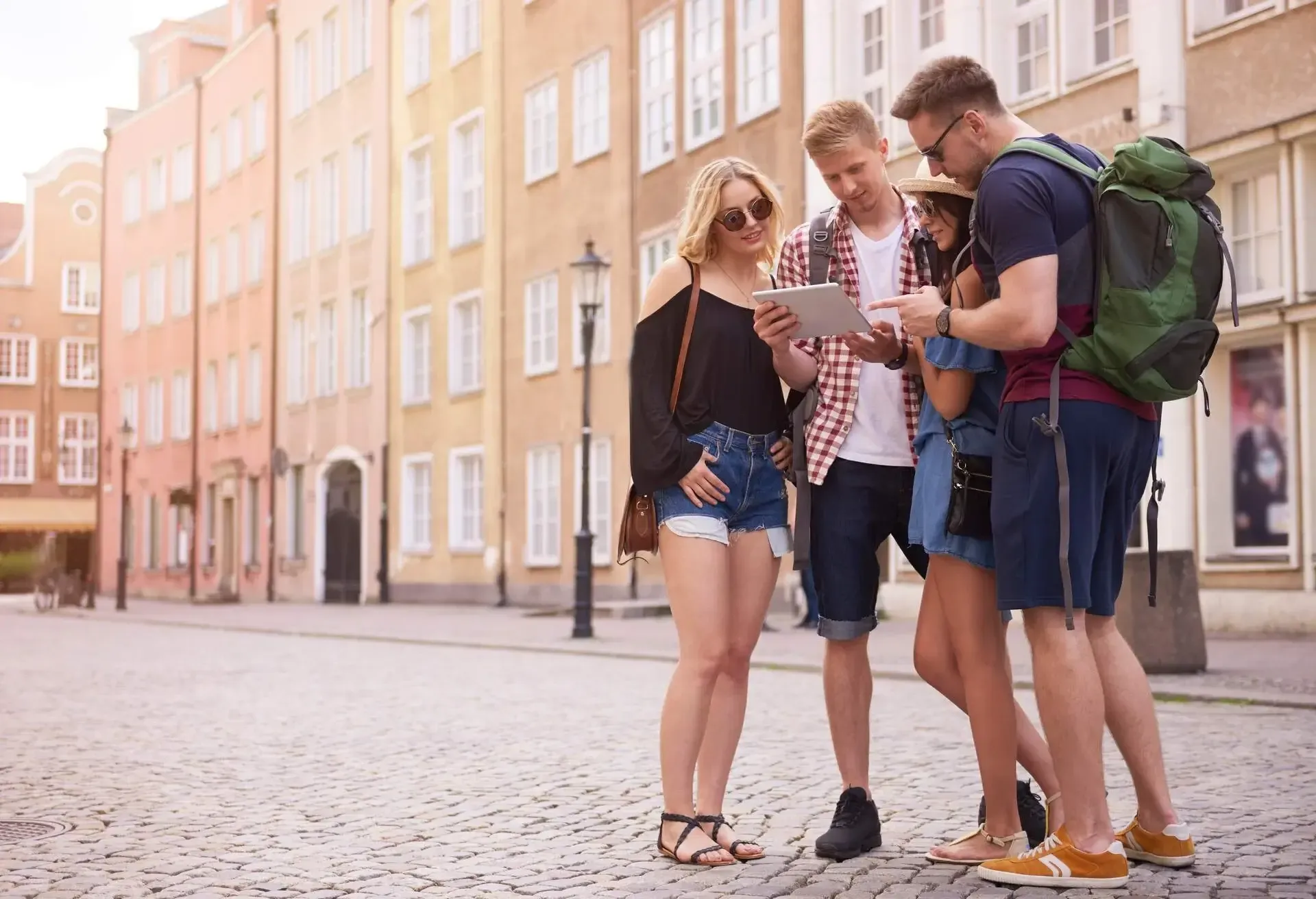
Group tours are a fantastic option for any travellers who want a blend of solo and social travel. Group tours are a great way to meet people while you travel and you’ll probably encounter fellow backpackers and people from all around the world. Whether you take a group tour at a particular monument or attraction or use a tour to get to know a whole city, they’re a great way to immerse yourself in the sites you’re visiting and get in depth, local knowledge. Many major cities and attractions will have tours run by volunteers that are either completely free or allow you to pay what you want at the end of the tour.
What to take backpacking in Europe?
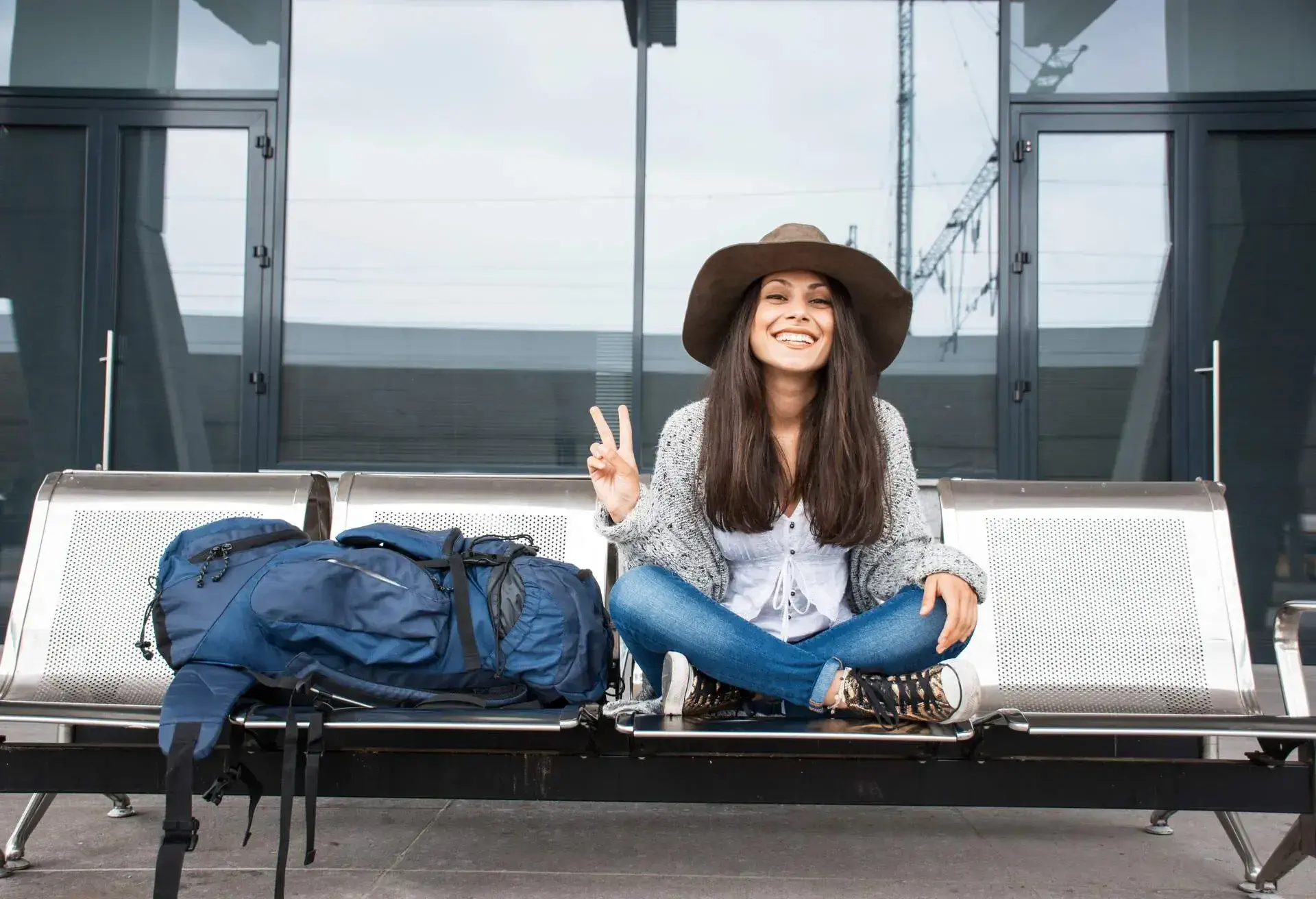
Overall, it’s a good idea to limit yourself to 10 kg of gear, particularly if you plan on flying as this keeps you within the carry-on limits for most airlines. Try to limit the amount of clothing you bring and plan to do laundry along the way. Additionally, in terms of clothing, consider where you’re going and what you can buy or rent when you get there. For example, if you’re travelling in winter but only going to one or two snowy places, you might be better off hiring snow gear for the duration of your trip, particularly if you don’t own any already.
If you want to go backpacking, you’ll need a backpack too! There is a wide range of backpacks designed for backpacking out there with different sizes, features, and designs. It’s a good idea to go into a store to buy one as that way you can try them on and make sure they feel comfortable.
You can also bring a camera with you. You may, of course, be happy sticking to the camera on your phone while you’re travelling and this can be an excellent way to save space. But if you love taking lots of photos of your travels you may want to consider a dedicated camera with a large SD card for storing them. You can also consider going old-school and getting a film camera that you develop when you get back home or a polaroid that prints photos out as you go. These physical mementos can be perfect for creating a scrapbook of backpacking memories when you go back home.
A power bank and other tech
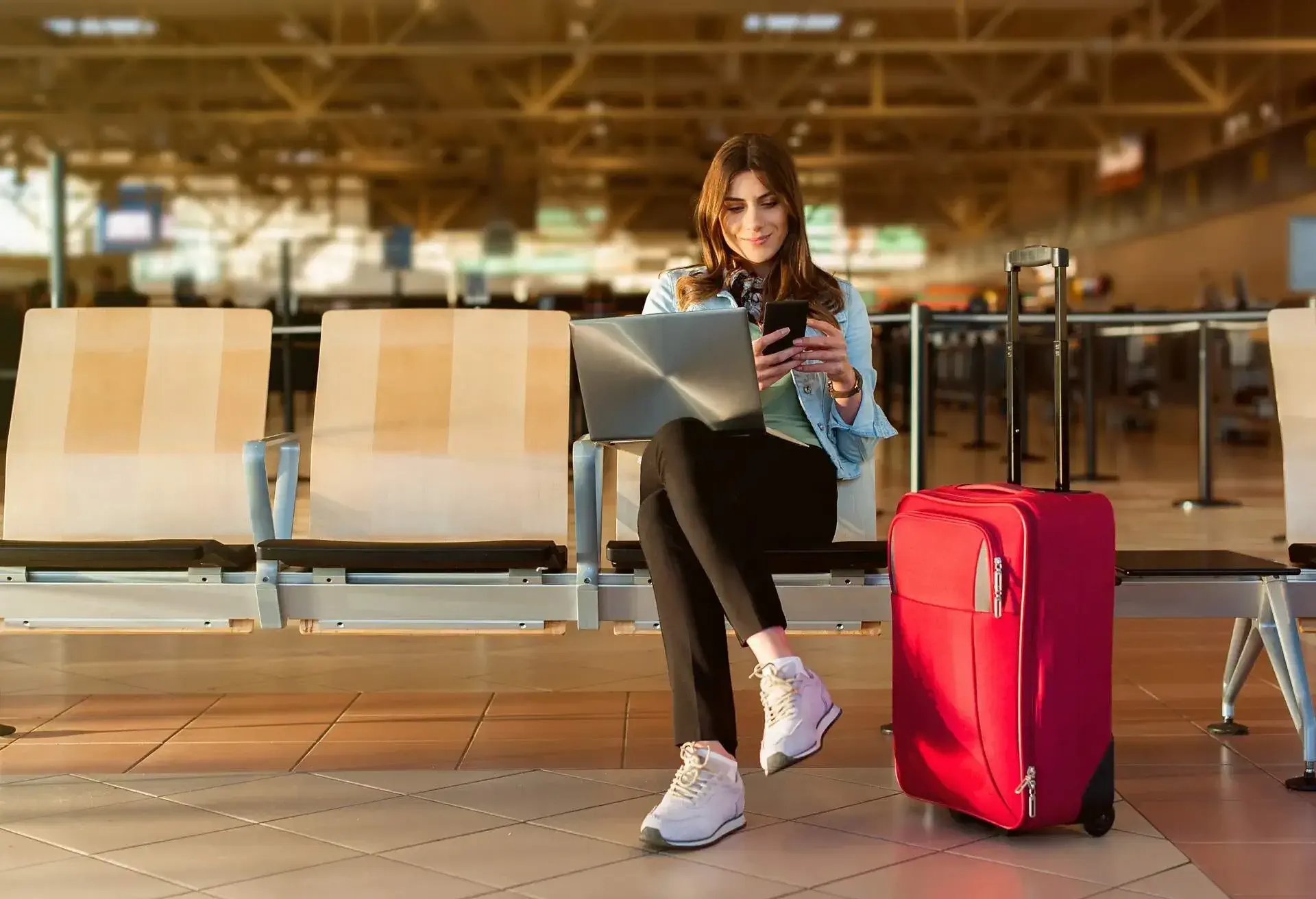
When you’re on the go but you want to stay connected, a power bank is a great backup to keep your devices charged if your camping or are away from your hostel for too long. You should also make sure you have the right adaptors for the local power points and if you’re planning on camping or hiking in the evenings, having a separate torch or headlamp is crucial. An e-reader and a pair of noise-cancelling headphones aren’t necessities but they can be a lifesaver on long train journeys.
What to wear backpacking in Europe
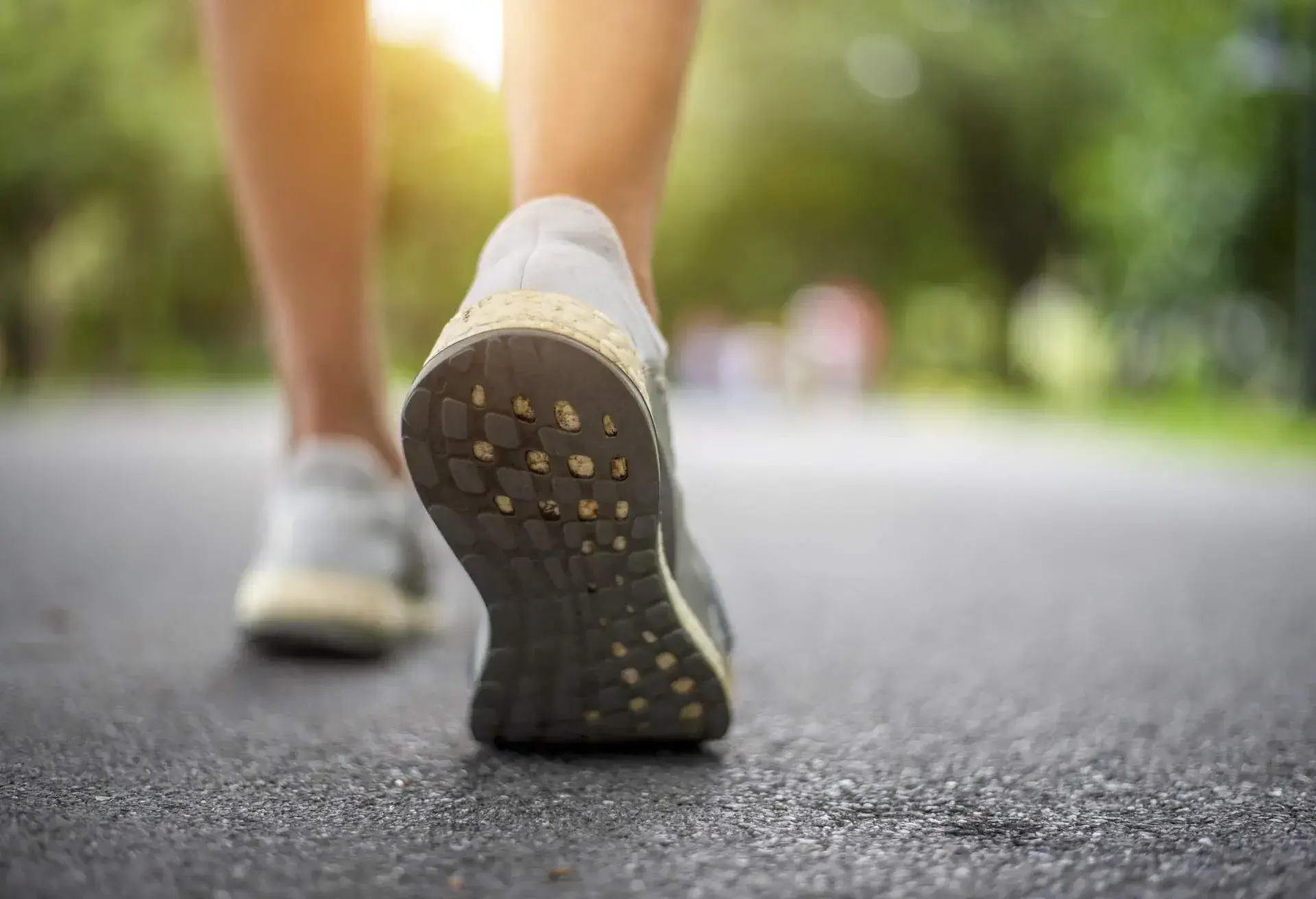
The most crucial item of clothing you’ll need when you go backpacking in Europe is a comfortable, durable pair (or two!) of walking shoes. The rest of your clothing will depend, at least partially, on what time of year you choose to travel. In summer, you’ll want light clothing with plenty of coverage (coverage helps with both sun protection and visiting churches etc.), while during winter you’ll want some thermals, a winter coat and warm accessories like gloves, scarves and beanies. Focus on comfortable, practical clothes.
Accommodation

If you’re going backpacking in Europe you’re probably going to be looking for the most budget-friendly accommodation options available and hostels are one of the most popular options, with inexpensive beds available in the heart of pretty much every European city. There are a few excellent hostel chains such as Meininger, which has hostels in Berlin, Amsterdam, and London. You should also keep an eye out for deals on budget hotels such as Citizen M, if you’re looking for some more privacy, or at camping sites, particularly if you’re travelling in summer. Staying at a camping site doesn’t have to mean sleeping in a tent either, as many sites have cabins or caravans available too.
Consider a hostel with free breakfast

There are lots of advantages to choosing a hostel that offers a buffet breakfast included in the price. Firstly, it’s usually cheaper than going out and buying your own breakfast at a local cafe and if you check the reviews of different hostels in the area you can usually find one with tasty, local and international food. Secondly, being able to get out of bed and quickly grab breakfast on the go is an easy way to start your day and leaves plenty of time for extra sightseeing. Of course, it’s also important to try the local cafes and restaurants but if there’s one meal you don’t want to have to think too much about (particularly if you have jetlag or after late nights out), it’s breakfast.
Head to the supermarket
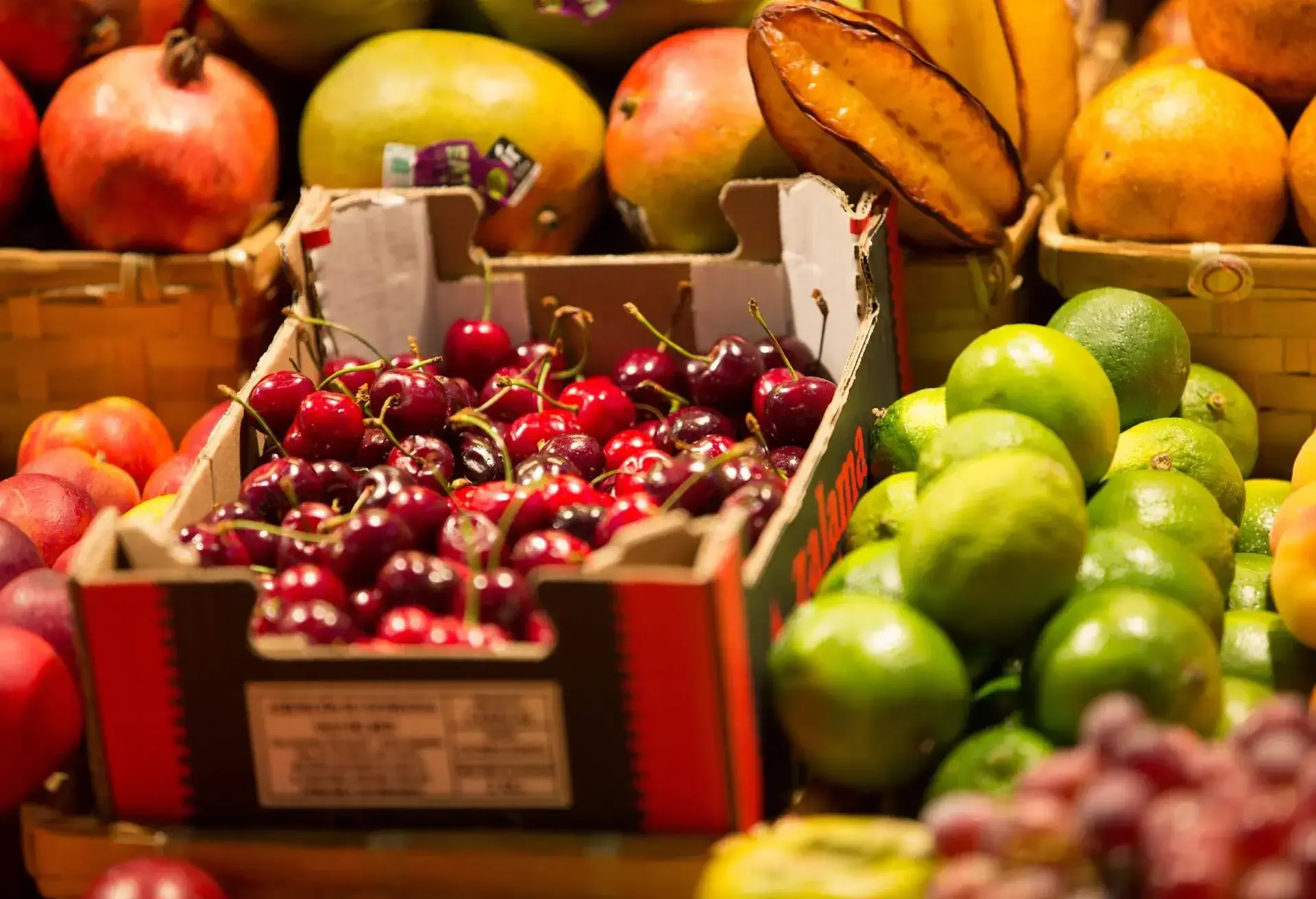
When travelling, we often think about which restaurants we want to visit or what local delicacy we’re dying to try, but if you’re travelling on a budget, there’s a good chance you’ll need to cook your own meals throughout your trip. Most hostels will have a communal kitchen area with at least a basic selection of cooking tools and utensils. You don’t have to think of supermarkets as a boring option either! While you might stick to the meats, grains and fresh produce sections for your meals, make sure to check out the unique local snacks and sweets on offer at your destination.

